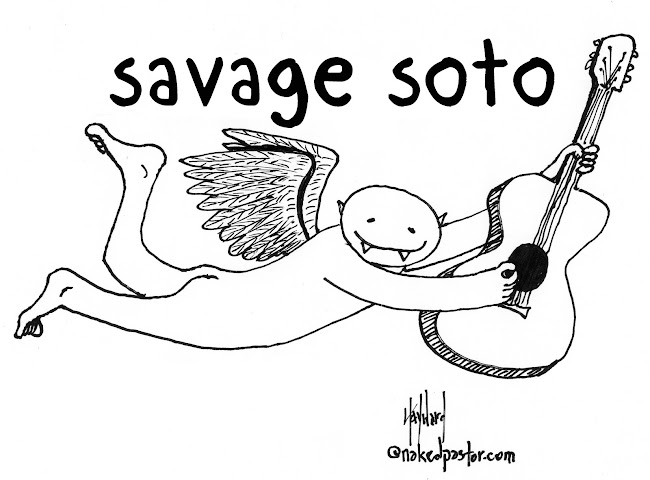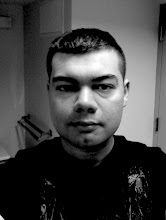Anyway, the concept is essentially that while the physical body sleeps you can "project" your consciousness --or a part of it-- out of the physical and experience different realms, if you will. The basic level looks nearly identical to the physical world and then there are subsequent deeper levels, worlds or frequencies that can be explored. A lot of accounts involve being connected to your sleeping body via a "silver cord" and to get back into their physical body one simply has to think about it --it's pretty trippy stuff. There are quite a lot of methods out there on how to experience it involving self-hypnosis, meditation and various relaxation techniques. There are also a lot theories that involve everything from it being mentioned in the Bible to how quantum physics might explain the whole thing but that is all lengthy and not worth getting into here. Suffice it is to say that regardless of it escaping common knowledge, the phenomena appears to go way back and is attested to in various religions.
I haven't tried to achieve an out-of-body experience every single night, but for the past 2 months or so I've been listening to a couple self-hypnosis mp3's before bed that are supposed to help induce the state. I suspected that, even if AP was real, that I would probably dream about the experience before it actually happened as your dreams tend to involve things you are thinking about before you doze off. However, this has not really been the case. Up until the other night, I've had a few odd dreams and experiences but I never woke up thinking I had projected. In one dream, I woke up and then dozed off again to see my body flying above the Earth like superman but I became aware, or lucid, that this was a dream which caused me to wake up again. I immediately felt vibrations throughout my body and my heart was beating really fast which totally freaked me out until it subsided. Subsequent times I have tried to flow with that vibrational state a bit more and I can only describe it as feeling pure love (supposedly this involves the heart chakra). I have awoken to other strange sensations like my body being covered with energy (?) but still not actually projecting in consciousness or what have you. Other dreams have involved me floating or flying through an area but never involving my sleeping body or my room. However, the following is a slightly edited version of my waking thoughts from around 3:28 am on December 29th:
While laying in bed I couldn't decide whether to keep laying on my back or lay on my side. Somewhere in the course of the night, I turned to my side and had an almost cartoonish sense of splitting off into two separate bodies and then flying around the room shouting, "wooo!" I heard a voice from some unknown place say, "yes, flying around is fun but you should--" I wasn't really paying attention to the voice because I was so giddy at the thought that I had achieved this state. I assume it was giving me some valuable information on what to do. I tried to stick my head up through the ceiling and then through the door but there was some type of resistance that was stopping me from passing through them. I went and tried to turn the knobs on my dresser/entertainment center and then clicked on my TV. To my surprise, it turned on and there was a scene presumably from The Dark Knight as it involved the joker so that was kind of creepy. I went towards the door after this but it was clear that it was ending and I said something like "wait, what does this all mean?" and then I remember being shifted into in some unrelated dream.
Afterwards, I woke up in the middle of the subsequent dream and wondered, "shit, did I just project or was that a dream?" I haven't read much about interacting with actual physical objects beyond just passing through them so, it's quite likely that it was simply a dream. However, the monkey wrench is this concept I have read about called the "mind split effect" from a book I'm reading called Astral Dynamics (which I wouldn't recommend as your first read on the subject). The concept is sort of confusing on top of an already confusing, farfetched-sounding idea but basically it suggests that there are three "copies" of your consciousness --the physical body/mind, the dream mind and the projected double/energy body. These different copies can apparently experience very different things within the same time period and the stream of memories that you actually recall is really all up to a number of factors. So, my thought is that perhaps I did successfully project my consciousness but what ended up as the solid memory recorded above was my dream mind's interpretation of it or even a combination of the projection and the dream mind's. Perhaps it's a bit of a stretch but,it's just a theory. In any event, it has been fun and I'm going to keep experimenting.
P.S. If you are looking for some decent information on the subject, check out Adventures Beyond The Body by William L. Buhlman.








